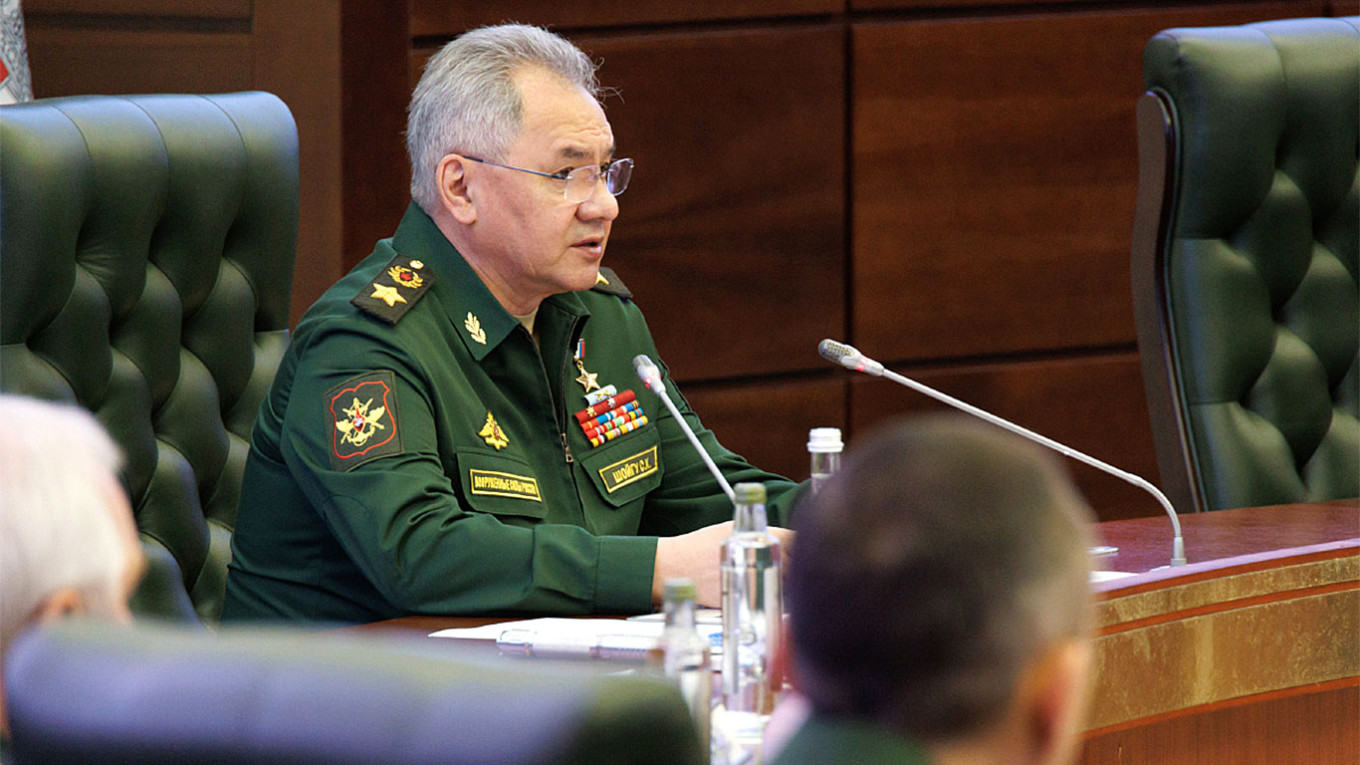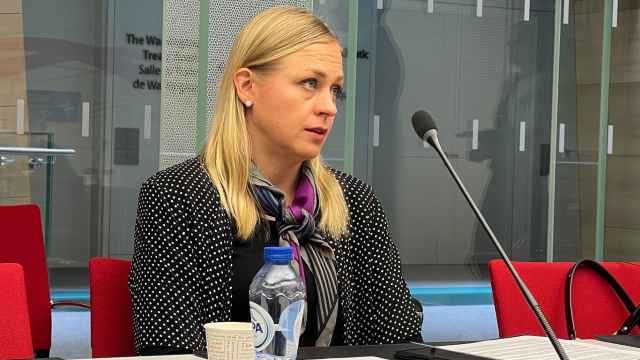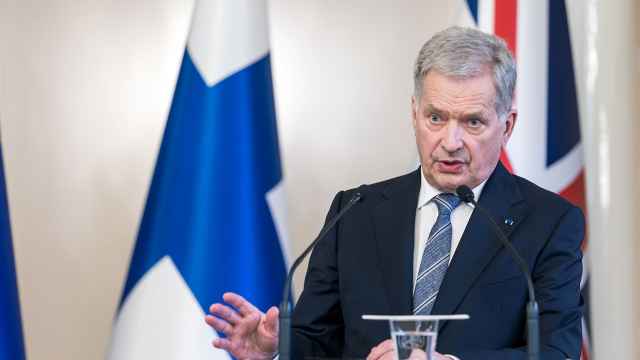Moscow on Wednesday accused Poland and Finland of threatening its border security and vowed to respond to “multiplying” risks from NATO member countries along Russia's western frontier.
In recent weeks, Poland has beefed up its border security with neighboring Belarus following reports that fighters from the Wagner mercenary outfit have established a new base in the country.
Meanwhile, Finland — which shares a 1,340 kilometers-long border with Russia — joined NATO in April.
"Threats to the military security of the Russian Federation have multiplied in the western and northwestern strategic areas," Russian Defence Minister Sergei Shoigu said at a meeting with military officials.
Those risks "require a timely and adequate response," he added.
"We will discuss the necessary measures to neutralize [the threats] at the meeting and make appropriate decisions."
He singled out Poland, which he said was being "militarized" and used by the United States "as the main instrument of anti-Russian politics."
Warsaw announced Wednesday it would send an additional 2,000 troops to its eastern border with Belarus to join the 2,000 soldiers already stationed there.
Poland last week said Belarusian helicopters had violated its airspace and has warned of provocations from Minsk.
Shoigu said the Polish troops would be in "the immediate vicinity of the borders of the Union State," referring to an alliance between Moscow and Minsk.
President Vladimir Putin said last month that Moscow would respond to any aggression against Belarus "with all the means at our disposal."
Shoigu also said that "a serious destabilizing factor is Finland joining NATO, and in the future — Sweden."
Last month, Turkey dropped its opposition to Sweden entering NATO, greenlighting Stockholm's accession aspirations.
The Kremlin has said that Sweden joining NATO would jeopardize Russia's security, adding that it was planning countermeasures.
Sweden shares a short Arctic border with Russia.
A Message from The Moscow Times:
Dear readers,
We are facing unprecedented challenges. Russia's Prosecutor General's Office has designated The Moscow Times as an "undesirable" organization, criminalizing our work and putting our staff at risk of prosecution. This follows our earlier unjust labeling as a "foreign agent."
These actions are direct attempts to silence independent journalism in Russia. The authorities claim our work "discredits the decisions of the Russian leadership." We see things differently: we strive to provide accurate, unbiased reporting on Russia.
We, the journalists of The Moscow Times, refuse to be silenced. But to continue our work, we need your help.
Your support, no matter how small, makes a world of difference. If you can, please support us monthly starting from just $2. It's quick to set up, and every contribution makes a significant impact.
By supporting The Moscow Times, you're defending open, independent journalism in the face of repression. Thank you for standing with us.
Remind me later.






